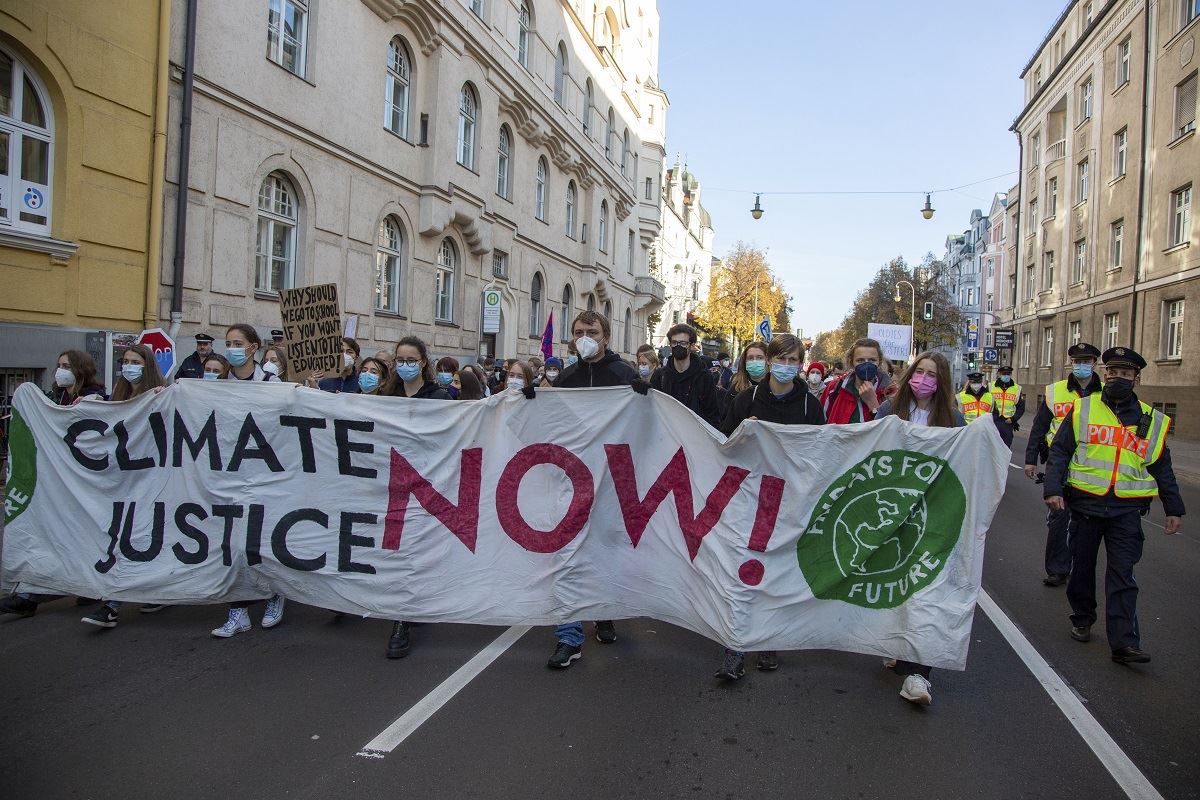
As you’ve probably heard by now, COP26 is underway in Glasgow. Whatever the outcomes of the conference, one thing is clear - the world is making tangible commitments to tackling the looming threat of climate change. Back home in Canada, our regulators recently unveiled a proposal that requires Canadian listed issuers (of stocks or bonds) to disclose their greenhouse gas emissions in a comply-or-explain framework, allowing investors to make better informed decisions around climate risk.
Clearly, the tides are shifting in favor of the sustainable investor in Canada, despite the economy’s continued reliance on oil production. The good news is that there are now more managed investment options that leverage a low-carbon approach in Canada than ever before. But how do we find them?
Aside from looking at the names of mutual funds and ETFs (often labeled with “Low CO2” or Fossil-Fuel Free) it can also be beneficial to consider Morningstar’s Low Carbon Designation when seeking low carbon investments. The low carbon designation is awarded to investment funds whose portfolios exhibit low degrees of carbon risk and derive limited revenue from the production of fossil fuels. This helps identify funds that are well positioned as the world transitions to a carbon-free economy (as is the goal of COP26).
It is also worthwhile to look at a fund’s approach to carbon-free investing. This is important because some funds (for example those that invest in a technology theme) may have low exposure fossil fuels funds, but without necessarily intending to do so. Morningstar’s sustainable attributes framework is useful here in identifying intent by analyzing the approach stated in the company’s prospectus. Those that have stated they will be carbon/fossil-fuel free will be flagged as such.
For a list of ideas within this space, I used Morningstar Direct to screen for ETFs and mutual funds available through discount brokerages that have the intent to invest sustainably (as identified in prospectus) and have also received the Morningstar Low Carbon Designation. The funds that meet these requirements are listed in the table below alongside their management expense ratio, or MER (here’s why fees matter), Morningstar category, and trailing returns.
|
Fund Name |
Morningstar Category |
MER (%) |
YTD Returns |
1-yr Returns |
3-yr Returns |
|
Canadian Equity |
1.48 |
22.11 |
41.12 |
14.66 |
|
|
Global Equity |
1.53 |
14.59 |
28.90 |
14.17 |
|
|
Global Equity |
1.59 |
18.14 |
39.80 |
36.24 |
|
|
Global Equity |
1.19 |
9.67 |
20.65 |
14.85 |
|
|
Global Equity |
1.16 |
13.16 |
27.96 |
19.07 |
|
|
International Equity |
0.69 |
7.57 |
20.94 |
7.79 |
|
|
International Equity |
1.52 |
5.06 |
19.78 |
9.74 |
|
|
US Equity |
0.29 |
16.89 |
28.07 |
19.13 |
|
|
US Equity |
0.57 |
17.41 |
28.35 |
14.19 |
|
|
US Equity |
1.47 |
15.89 |
29.64 |
23.86 |
Source: Morningstar Direct | Data as of November 1, 2021
Note: This article does not constitute financial advice. Investors are urged to conduct their own research before purchasing any of the products listed here.




















